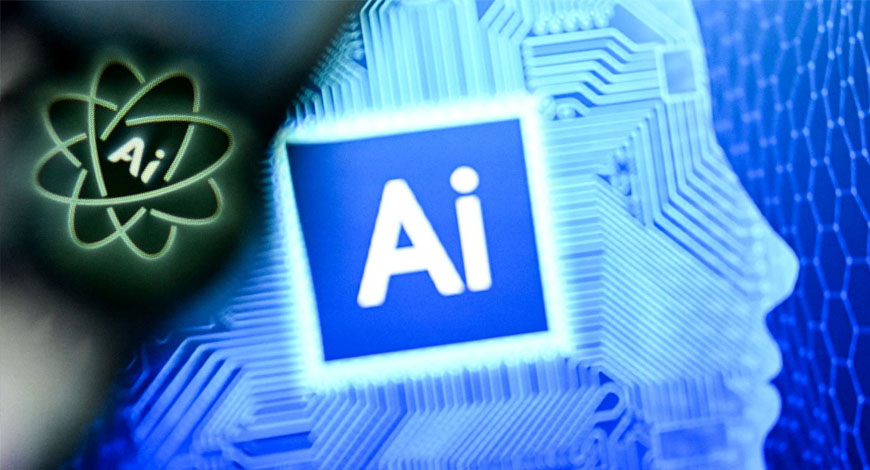The blistering rally that has added more than $100 billion in market value to South Korea’s two largest chipmakers this month is seen continuing, as the artificial intelligence boom spreads to less exciting corners of the tech world.
While SK hynix Inc. has surged on its dominance in the high-bandwidth memory chips that are key for AI applications, bets have risen on a catch-up for its larger rival Samsung Electronics Co. Meanwhile, demand is growing from AI processor makers beyond Nvidia Corp., and knock-on benefits are rippling through to older-tech chips that had been seen as dead in the water.
Analysts have raised price targets for the Korean pair by roughly 30% this quarter, with Morgan Stanley heralding a memory “supercycle” as a supply-demand mismatch looms over next year. The stocks are still seen as comparatively cheap, and investment by overseas funds is seen picking up.
“We expect foreign inflows into Korean chip stocks to continue,” said Gary Tan, a portfolio manager at Allspring Global Investments. “The ultimate driver of optimism around these names remains the large-scale AI infrastructure buildout in the US, supported by headline capex announcements from major tech firms.”
Leading AI processor maker Nvidia continues to devour supplies of the most-advanced HBM chips, and Advanced Micro Devices Inc. and Broadcom Inc. are expected to step up buying as they win more customers for their accelerators. Rising need in China should provide an added “bonus” as domestic AI chips increasingly incorporate HBM, according to Allspring’s Tan.
At the same time, pessimism over “legacy” DRAM and NAND chips is now dissipating. Even as the AI boom was sparking massive gains in chip stocks earlier this year, cautious pundits were warning that other semiconductor segments were suffering from weak smartphone and auto markets.
But these commodity memory products are now expected to see supply shortages in 2026 after chipmakers raced to shift capacity to more-lucrative HBM. That should support DRAM and NAND prices. In addition, interest rate cuts by the Federal Reserve may help support growth in the world’s largest economy, fueling sales.
“Momentum in AI chip stocks is reviving as the Fed has started its easing cycle,” said Jung In Yun, chief executive officer at Fibonacci Asset Management Global Pte. “Korean companies are expected to see continued inflows from foreign funds, as their valuations are cheaper than the US companies.”
Even with its 24% rally this month, Samsung shares are still trading at 14 times estimated forward earnings, while SK hynix trades at just 7 times on a 33% surge in September. That compares with a price-to-earnings ratio of 26 times for a gauge of major US chipmakers.
Foreign investors are piling in, on course for their biggest-ever monthly inflow of cash into the two Korean memory makers in data going back more than 13 years. They’re still seen as underweight though, partially due to perceptions among overseas traders that the Korean market has been unfriendly to shareholders.
“The foreign share ownership of Samsung is still 7 percentage points below its previous peak of 58%,” said Sanjeev Rana, an analyst at CLSA Securities Korea. “We see room for a further increase given that the strength in AI demand is coinciding with an uptick in demand and pricing for conventional memory products, where Samsung has the market leadership.”
After missing out on the early AI rally, shares of Samsung are now headed for their best month since 2001 on hopes for increased HBM business with Nvidia. Analysts at 20 firms including JPMorgan Chase & Co., Citigroup Inc. and Nomura Holdings Inc. now expect it to surpass its 2021 all-time high share price of 91,000 won within the next 12 months.
Brokers have also been lifting targets for SK hynix, which CLSA’s Rana expects to maintain market dominance in high-margin HBM products.
“Memory is fundamental to building AI infrastructure, and we expect both the Korean memory suppliers to benefit from rising capex by US cloud hyperscalers as well as other companies,” Rana said. Bloomberg
